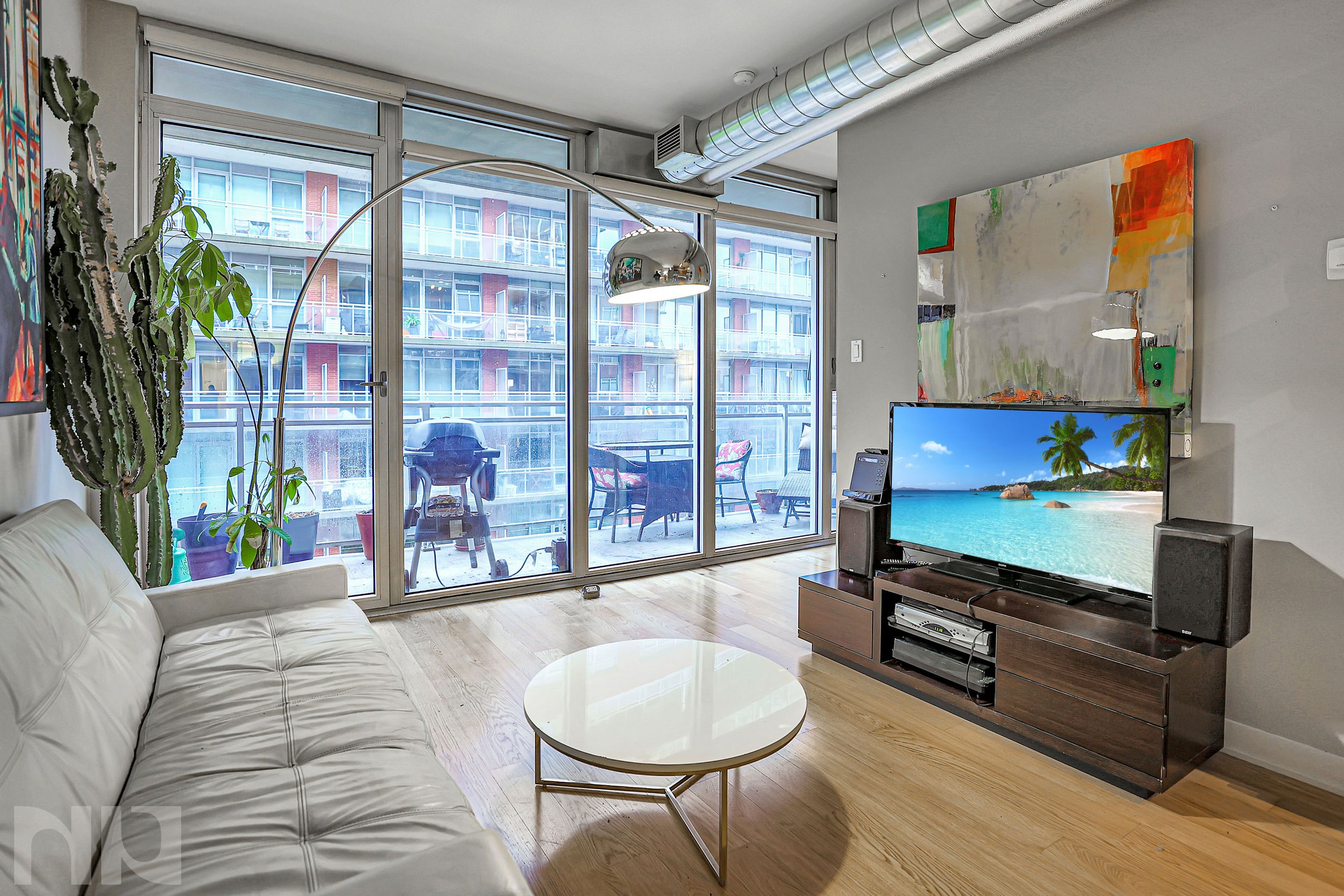Navigating the Home Inspection Process in Ottawa: A Comprehensive Guide for Buyers
Buying a home is a significant milestone, and as a prospective homeowner in Ottawa, understanding the home inspection process is crucial. A home inspection is a critical step in the home-buying journey, providing you with valuable insights into the condition of the property. In this comprehensive guide, we'll walk you through what to expect during the home inspection process in Ottawa, ensuring you make informed decisions about your investment.
The Importance of a Home Inspection:
This examination of a property's condition helps identify potential issues, both major and minor, giving you a comprehensive overview of what you're buying. A home inspection can uncover hidden problems, allowing you to negotiate repairs with the seller or, in some cases, reconsider your purchase decision.
Choosing a Qualified Home Inspector:
The first step in the home inspection process is selecting a qualified and reputable home inspector. Look for professionals who are licensed and experienced in the Ottawa real estate market. Ask for recommendations from your real estate agent or friends who have recently purchased homes in the area. A skilled home inspector will have a keen eye for detail, identifying issues that may not be apparent to the untrained observer.
Scheduling the Inspection:
Once you've chosen a home inspector, the next step is scheduling the inspection. This typically occurs after your offer has been accepted but before the finalization of the sale. Coordinate with your real estate agent and the seller to find a mutually convenient time for the inspection. Most inspections take a few hours, so plan accordingly.
The Inspection Process:
During the inspection, the home inspector will thoroughly examine the property, assessing its structural components, systems, and overall condition. Here's what you can expect during this process:
Exterior Inspection:
Assessment of the roof, siding, foundation, and overall structural integrity.
Inspection of the landscaping and drainage around the property.
Interior Inspection:
Examination of the walls, ceilings, and floors in each room.
Evaluation of doors, windows, and the general condition of the interior.
Electrical Systems:
Testing of the electrical system, including outlets, switches, and the circuit breaker.
Plumbing Systems:
Inspection of plumbing fixtures, pipes, and the water heater.
Checking for leaks and assessing water pressure.
HVAC Systems:
Evaluation of the heating, ventilation, and air conditioning systems.
Checking for proper function and identifying any issues.
Attic and Basement Inspection:
Examination of the insulation, ventilation, and overall condition of these crucial areas.
Appliance Check:
Testing of major appliances included in the sale, such as the stove, dishwasher, and refrigerator.
Pest and Mould Inspection:
Identification of any signs of pest infestation or mould.
Receiving the Inspection Report:
After the inspection, the home inspector will provide you with a detailed report outlining their findings. This report may include photographs and explanations of any issues discovered. Take the time to review the report thoroughly, and don't hesitate to ask the inspector for clarification on any points that may be unclear.
Negotiating Repairs:
Armed with the information from the inspection report, you can work with your real estate agent to negotiate repairs with the seller. Depending on the nature and severity of the issues uncovered, you may request that the seller address certain repairs before the sale is finalized. This negotiation is a crucial aspect of the home inspection process and can significantly impact the overall outcome of the transaction.
































